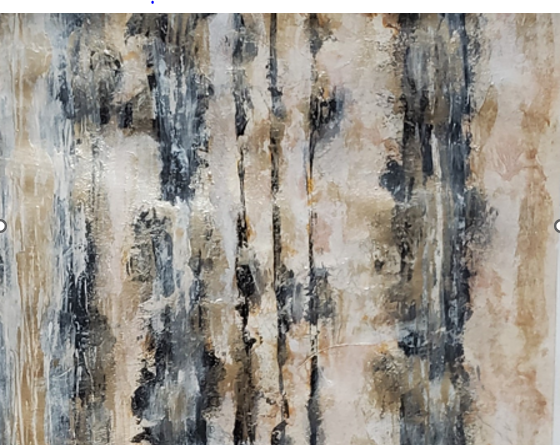Committing to hope
Melinda Sinclair 2022
Hope is not optimism. That makes hope dependent on circumstances, something based in the external world. Instead, hope is a discipline, a commitment to keep on investing our time, effort, and energy in the quest to work towards “a better future” – in whatever endeavour we are engaged in. Holding such a commitment in the face of setbacks, challenges and disappointments requires a solid grounding in compassion, courage and creativity.
Today I came across an interesting reminder of this aspect of hope in a somewhat unusual context namely technology - UX design in particular. It is in an article by Vivianne Castillo in Fast Company, titled “The one thing missing from UX today? Hope”. Vivianne, the CEO and founder of HmntyCntrd®, argues that a UX designer’s relationship to hope has an outsized impact on their values, research, and practice.
Vivianne is intimately connected through her work with the challenges of the industry – the stress, the danger of burn-out, the anger and frustration at the gap between what companies profess about humanity and the reality designers experience. And she understands the temptation of giving up and walking away.
She argues, however, that this is exactly the moment to turn towards hope. Hope not as optimism, but hope as a discipline and intentional practice, grounded in values and ethics.
“Designers’ relationship to hope dictates their ability to believe that things could be better and different for customers, participants, and users—and most importantly, for themselves. Hope influences our ability to engage an ethic of creativity as we imagine how a deeper understanding of people can lead to more positive experiences. Hope is anchored in the belief that others and ourselves deserve better, and that better can be possible if we commit to being more human toward ourselves and others.”
What is your relationship to hope – as a human being, as a leader, as an organization? How does that relationship shape how you approach your challenges and opportunities? How does it play out in the solutions and possibilities you are working to make real? What might shift if you commit to a more disciplined practice of hope – one supported by wisdom, creativity, courage and compassion?
